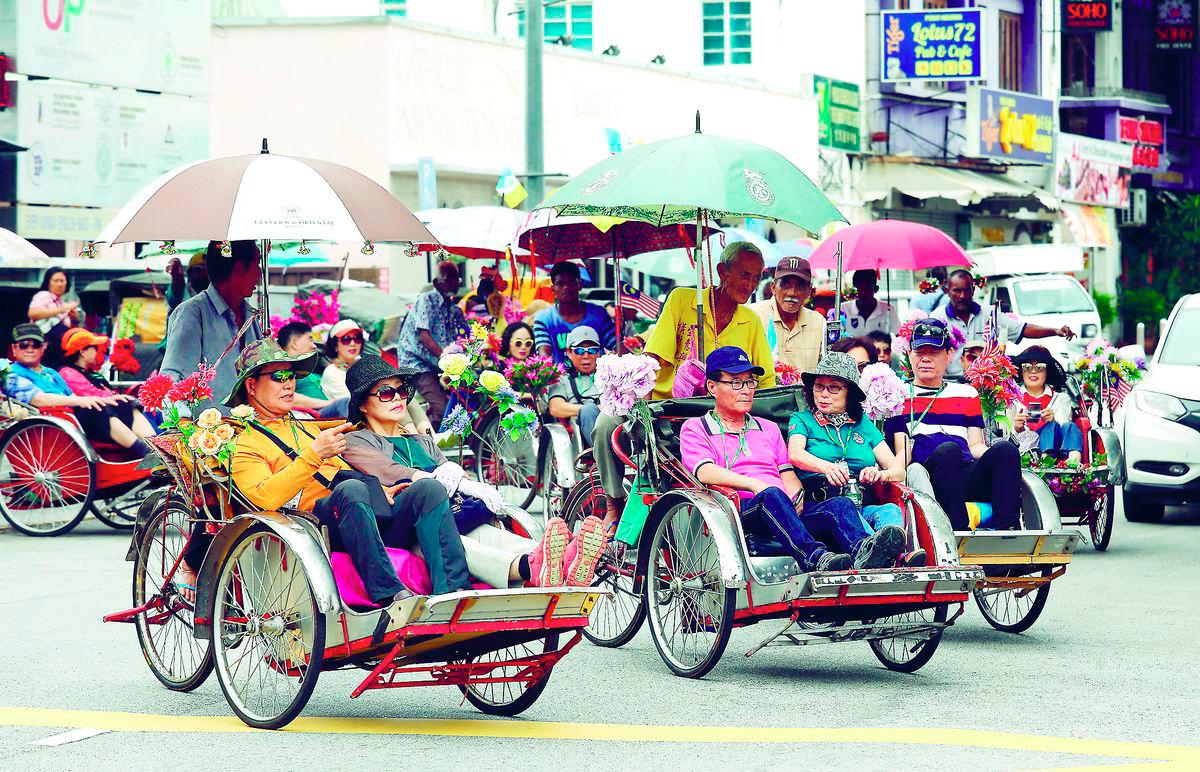PETALING JAYA: Malaysia must not treat the RM700 million tourism allocation in Budget 2026 as a one-off marketing pot, warned tourism expert Dr Mohamad Zaki Ahmad, adding that real transformation would only come from long-term investments in people, places and policy.
The Universiti Utara Malaysia senior lecturer said the allocation signals strong government commitment to revive the sector, but cautioned that promotion spending alone would not deliver sustainable growth.
“The RM700 million would certainly help accelerate the tourism rebound and support Visit Malaysia 2026 (VM2026) in many ways. It is a positive signal covering culture, promotion and incentives,” said Zaki, who is also from the School of Tourism, Hospitality and Event Management.
“But on its own, it is not enough to fully revitalise tourism, especially if we are targeting 47 million visitors and RM329 billion in receipts.
“True recovery means investing in infrastructure, environmental sustainability and equitable growth across all regions, not just the popular ones.”
He said the funds should be seen as seed capital for a permanent upgrade of the tourism ecosystem, not as event funding.
Zaki called for a strategic shift from “promotion spending” to “capability investment”, focusing on infrastructure, human capital, digitalisation, sustainability and branding.
“Short-term campaigns fill hotels. Long-term investments build nations,” he said, stressing the need for institutional reform and stronger tourism governance.
He said if managed well, the funds could improve public amenities, preserve heritage, create jobs and enhance Malaysia’s global competitiveness.
He identified several immediate priorities to make Malaysia more competitive internationally, including human capital development, visa facilitation, digital transformation, sustainability and brand positioning.
“We need to simplify visa processes, promote digital safety and branding standards, and invest in green credentials such as sustainability certifications.
“These would help Malaysia appeal to new and emerging travel segments.”
Zaki emphasised that the allocation must not stay concentrated at the top levels of ministries and large agencies.
“The most important thing is ensuring the money reaches the ground, such as small operators, local communities and cultural entrepreneurs who form the real backbone of Malaysia’s visitor experience.”
He urged the government to adopt a community-led tourism model supported by policy reforms, capacity-building and cultural entrepreneurship clusters, with safeguards to prevent fund leakage or misuse.
“Budget 2026 must treat local entrepreneurs as primary investors in Malaysia’s image, not secondary beneficiaries,” he added.
Looking ahead, Zaki said Malaysia must shift from promotion-driven tourism to an ecosystem-driven model anchored on resilience, digital readiness and inclusivity.
“A strong tourism brand brings visitors, but a strong ecosystem keeps them coming back,” he said.
He urged Malaysia to invest in smart destinations, professional workforce development, data-driven management and sustainable governance to secure long-term competitiveness.
“The RM700 million is a solid foundation, but sustainable growth requires continuous investment in infrastructure, talent, digital innovation and community empowerment.”
He added that aligning policies and decentralising strategies could help Malaysia emerge as a regional leader in sustainable, experience-based tourism by 2030.
“If Malaysia could shift from short-term campaigns to ecosystem-building, every tourism ringgit would go further and VM2026 would be more than just a slogan.”









